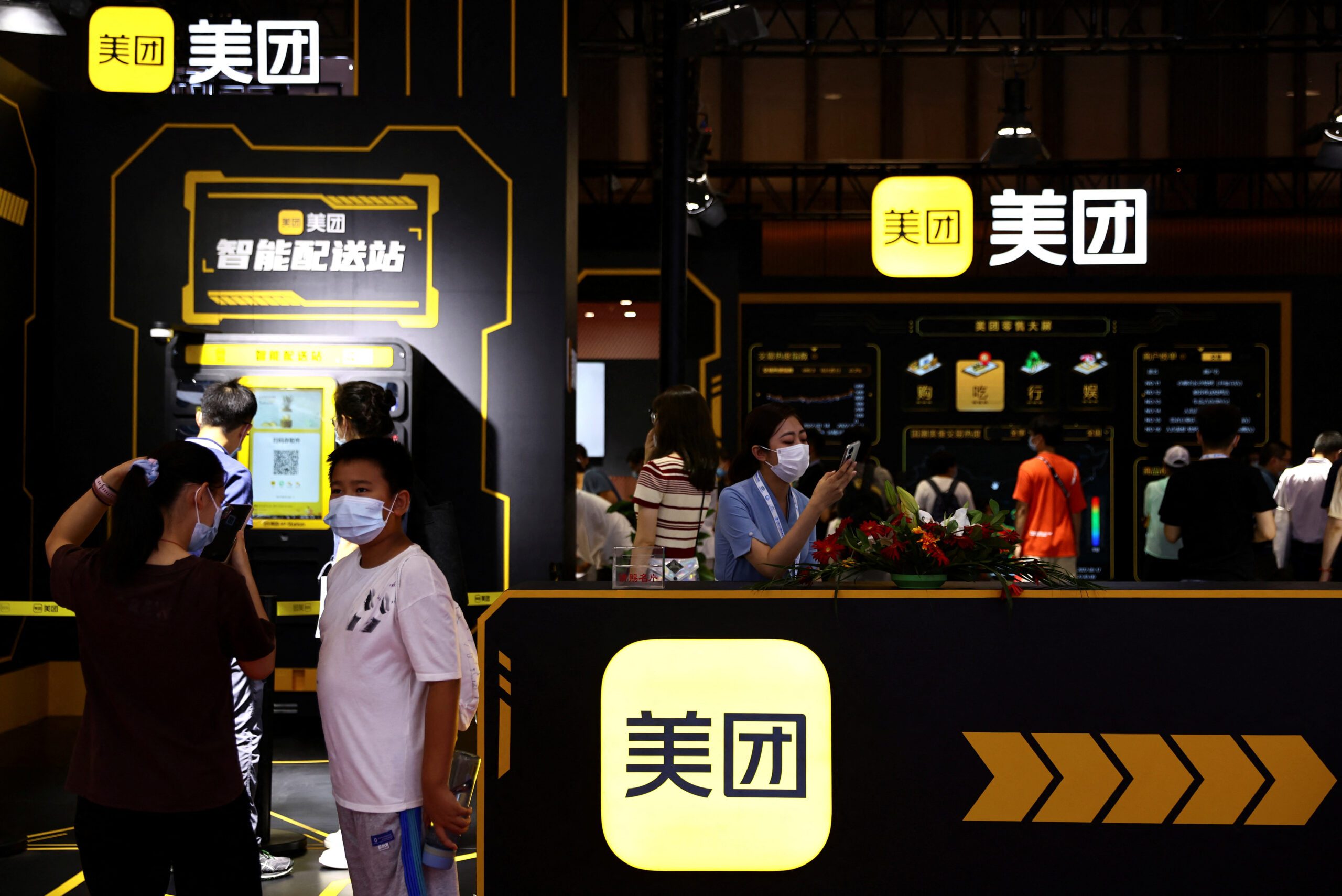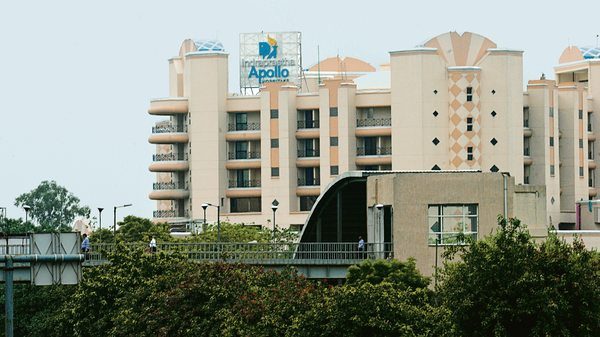TAIPEI — Foxconn, the world’s biggest contract electronics manufacturer, says the global chip shortage will cut its shipments by 10% — a rare acknowledgement that shows some of the world’s biggest consumer names from Apple to Amazon might face headwinds from the supply crunch rocking the tech industry.
“The [supply in the] first two months of this quarter was still ok, as our clients are all very big, but we started to see changes happening this month,” Chairman Young Liu said in an earnings call on Tuesday.
Foxconn is the key maker of iPhones and the biggest supplier to many global tech groups, also including Google, Microsoft and HP. The Taiwanese company’s admission that it is struggling to obtain components is a sign that even tech heavyweights such as Apple — which tend to have more resources and greater bargaining power with suppliers than smaller companies — face difficulties in securing supplies.
Liu said Foxconn is “currently” likely to ship 10% fewer products than it had planned, without specifying the time period. Supplies for “home economy products” are particularly constrained, he added, as the pandemic has driven a rush in such orders. By contrast, “the impact on the orders that were secured a long time ago is rather limited.”
The shortage is likely to extend to at least the second quarter of next year, Liu said, citing research agencies.
Foxconn also detailed its plans for the electric vehicles industry, including investing $1 billion along with partners to build an EV plant in North America. The company is looking at two possible sites — Wisconsin and Mexico — for test production and mass manufacturing.
“We will decide one place for the pilot run and another [site] for mass producing 10,000 cars per month,” Liu said.
Foxconn is betting on electric vehicles, as well as robotics and smart health solutions, to raise its gross margin to 10% by 2025, Liu said. Last year’s figure was 5.65%.
Foxconn’s plan to assemble its first electric vehicle with American EV startup Fisker by the end of 2023 remains intact and the company plans to launch a small passenger car in Europe and the U.S. that same year, the chairman said.
The key iPhone assembler aims to introduce at least one new EV model each year as part of the efforts to reach the goal. It will debut prototypes of an electric bus, as well as two passenger cars this year and by next year it will begin selling its first electric bus. It is also helping Chinese EV startup Byton with the production of its first electric car, according to Liu.
As part of its EV push, the company has developed an open hardware and software platform designed to help automakers turn out electric cars. Foxconn said on Tuesday that 1,350 partners have joined the platform alliance from 47 countries in Asia, North America, Europe and Africa.
Foxconn’s revenue last year grew 0.31% to 5.35 trillion New Taiwan dollars ($187.64 billion), a record for the company. Net profit, however, fell 12% to NT$101.79 billion. Revenue rose along with stronger-than-expected sales of Apple’s iPhone 12 Pro and iPhone 12 Pro Max, for which Foxconn is the major assembler.





